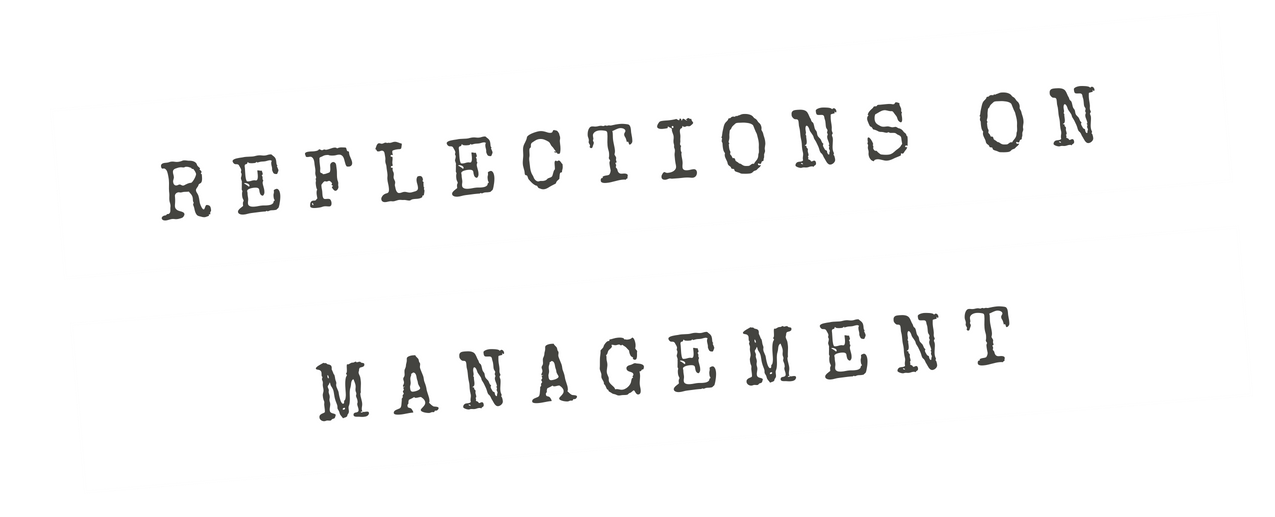Sometimes when we thinking of stopping, it is as simple as ‘Stop doing this’ or just outlaw it. … Of course, it never really works out that simply
Season 2, Episode 9
When we discuss change and change management, the emphasis tends to be placed on ‘starting’ something or ‘creating’ something. But in my experience, the creation of something often must accompany the ‘destruction’ of something else – like the breaking of a bad habit. Also, ‘terminating’ a change effort is rarely discussed, as though it were unimportant – ‘Oh, don’t worry about how this ends, let’s just get started’. But stopping something is an important part of change, is it not? And is it just like starting something?
This tendency to ignore the need for stopping — whether it means breaking a bad habit or interrupting an organization’s process–does a disservice to organizations and their change agents. It increases the chances of change fatigue because the effects of change efforts simply accumulate. In other words, we’re adding more work without enough reward. But stopping something can leave a trail of destruction in its wake — the second order effects of stopping can be great. In this episode, I use theories of de-institutionalization to offer ideas and approaches to effect change by stopping something.
Works Referenced:
Oliver, C. (1992). The antecedents of deinstitutionalization. Organization studies, 13(4), 563-588.
Scott, W. R. (2014). Institutions and organizations: Ideas, interests, and identities, 4th ed. Sage.
Wong, L. (2002). Stifling innovation: Developing tomorrow’s leaders today. Carlisle, PA: Strategic Studies Institute.


